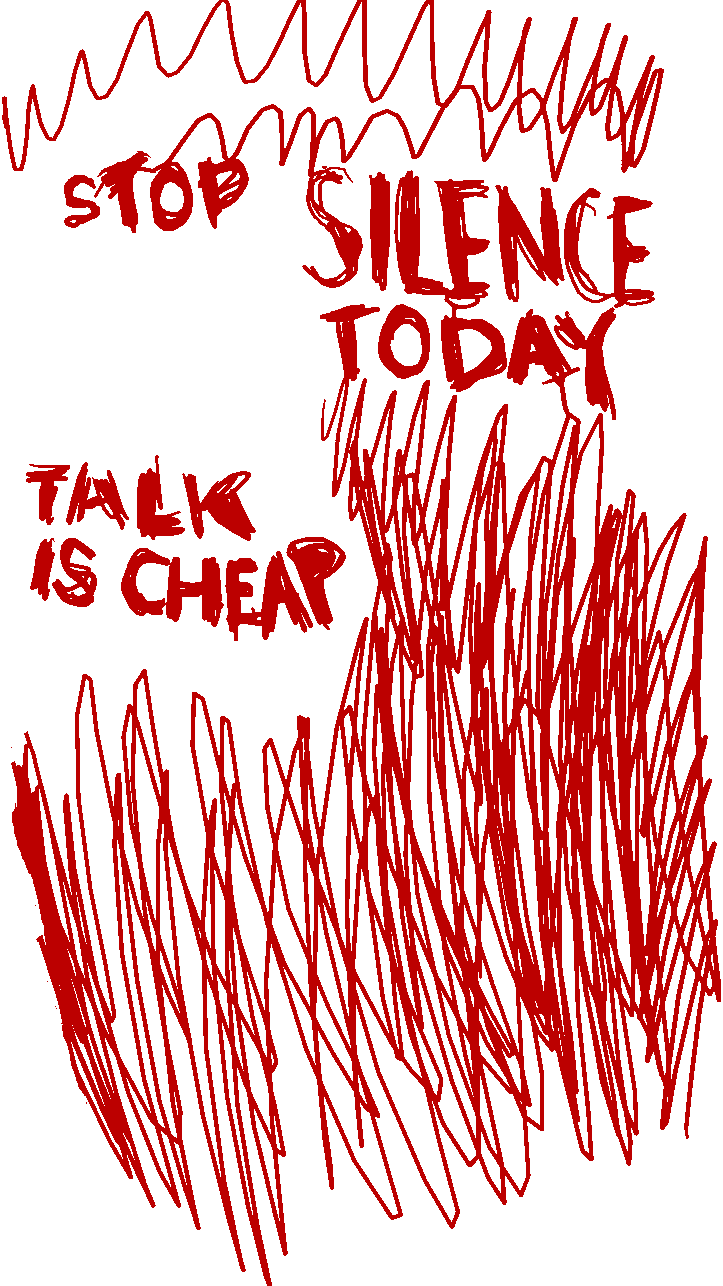
England: 2016 -- 1st place —
After the embarrassment of becoming the first host nation to be eliminated at the group stage of a World Cup, England bounced back from a disappointing 2015 by winning all five matches and securing its first Six Nations title since 2011.

England: Coach Eddie Jones —
Since taking over from Stuart Lancaster after the World Cup, former Australia and Japan coach Eddie Jones has guided largely the same squad of players to 13 successive victories. His only black eye so far came on the eve of the 2017 Six Nations tournament, which he first attributed to a slip in his bathroom -- and later a training accident.

England: Home venue - Twickenham —
The world's largest dedicated rugby venue has a capacity of 82,000 -- which helped the 2015 Six Nations record the highest average attendance of any sporting event on the planet, according to a recent study. The London ground hosted the 2015 World Cup final between New Zealand and Australia (pictured).

England's prospects —
If England wins all five matches in this Six Nations, it will not only defend its title and achieve another "Grand Slam" -- but also beat New Zealand's world record of 18 consecutive international wins. Stuart Lancaster's final game as coach, a win over Uruguay at the World Cup, started the run.

Wales: 2016 -- 2nd place —
A 25-21 defeat at Twickenham in the penultimate round last year cost Wales a chance of winning its first Six Nations since 2013, having earlier drawn 16-16 with Ireland.

Wales: Coach Rob Howley —
With head coach Warren Gatland (left) leading the British and Irish Lions' 2017 tour of New Zealand, assistant Rob Howley (right) will replace him for the Six Nations -- as he did four years ago when the New Zealander took the Lions to Australia.

Wales: Home venue - Principality Stadium —
Built for the 1999 Rugby World Cup, the 74,500-capacity ground was formerly known as the Millennium Stadium -- it was renamed last year. Wales wants to close the Cardiff stadium's retractable roof for its two home matches against England and Ireland -- but Six Nations organizers have not assented.

Wales' prospects —
Gatland's team scored a tournament-leading 17 tries in 2016, and will have even more incentive this year. The Six Nations has followed other competitions by awarding a bonus point to teams that score four tries in a game, and also for losing by a margin of seven points or less. Points for a win or a draw have doubled to four and two respectively.

Ireland: 2016 -- 3rd place —
Last year, two-time defending champion Ireland started with a draw and defeats to France (10-9) and England (21-10) but bounced back with resounding wins to salvage some pride.

Ireland: Coach Joe Schmidt —
The New Zealander made the perfect start to his tenure with Six Nations titles in 2014 and 2015, but suffered a disappointing quarterfinal defeat to Argentina at the World Cup.

Ireland: Home venue -- Aviva Stadium —
Built on the site of Irish rugby's former home Lansdowne Road, the 51,700-capacity Dublin ground -- with its distinctive continuous curved stands -- is jointly owned with the Football Association of Ireland.

Ireland's prospects —
Irish fans had plenty to smile about when their team ended New Zealand's record winning run in Chicago in November, and also gave the All Blacks a rugged battle in the return defeat in Dublin. A subsequent win over Australia gave hope that Schmidt's side could again be a Six Nations contender.

Scotland: 2016 -- 4th place —
Last year Scotland won two matches -- more than the two previous seasons combined. The 15-9 loss at home to "Auld Enemy" England was followed by a battling 27-23 defeat in Wales before wins against the two teams that would finish below the Scots in the table.

Scotland: Coach Vern Cotter —
The New Zealander is returning to France in June, as the Scottish Rugby Union decided not to renew his three-year contract. He will be replaced by former Scotland international Gregor Townsend, who has impressed with club side Glasgow Warriors.

Scotland: Home venue -- Murrayfield —
The Edinburgh ground has a capacity of 67,130 -- the largest in Scotland. It opened in 1925, when Scotland beat England to win its first Five Nations title.

Scotland's prospects —
The Scots will be looking to build on last year's results and win big matches -- though Cotter's team suffered another agonizing one-point defeat to Australia in November, bringing back memories of the 2015 World Cup quarterfinal heartbreak. However, a first Six Nations title seems unlikely.

France: 2016 - 5th place —
In a bid to encourage homegrown talent, France has decided it will no longer select players who don't have a French passport. However, it doesn't apply retroactively to those such as Fijian back Virimi Vakatawa (L) who have already represented Les Bleus.

France: Coach Guy Noves —
The former France winger, 62, is hoping to emulate his outstanding results from 22 years in charge of club side Toulouse. He took over after the 2015 World Cup, and the team is still far from its past glories -- though close defeats to Australia and New Zealand in November gave some encouragement.

France: Home venue -- Stade de France —
The 80,000-capacity ground, north of Paris in Saint-Denis, is the sixth largest in Europe. Also the host of soccer's 1998 World Cup, it will continue to host both sports after new French Rugby Federation president Bernard Laporte canceled his predecessor's plan to build a new $620 million stadium in Ris-Orangis, 35 km from the capital.

France's prospects —
Les Bleus have won the tournament five times since its expansion to six teams at the turn of the millennium, but not since 2010. The team's fans will be hoping for a return to its glory days of free-flowing rugby, which has been replaced by a more dour, pragmatic style in recent years.

Italy: 2016 -- 6th place —
Since joining the tournament 16 years ago, Italy has received the dreaded "wooden spoon" as bottom team on 11 occasions. Last year it lost all five matches.

Italy: Coach Conor O'Shea —
The former Ireland representative landed his first international job after last season's tournament, replacing Frenchman Jacques Brunel. O'Shea, 46, was previously with English Premiership teams London Irish and Harlequins.

Italy: Home venue -- Stadio Olimpico —
The Azzurri moved to the the 73,000-capacity venue in 2012, after deciding to upgrade the much smaller Stadio Flaminio. However, that ground remains in a state of disrepair, while rugby's growth in Italy has brought bumper crowds to the national stadium -- which also hosts the capital's top soccer teams Roma and Lazio.

Italy's prospects —
The national team is undoubtedly making progress under O'Shea, as November's historic first win over South Africa proved. However, that was followed by the Azzurri's first defeat to Tonga since 1999.




